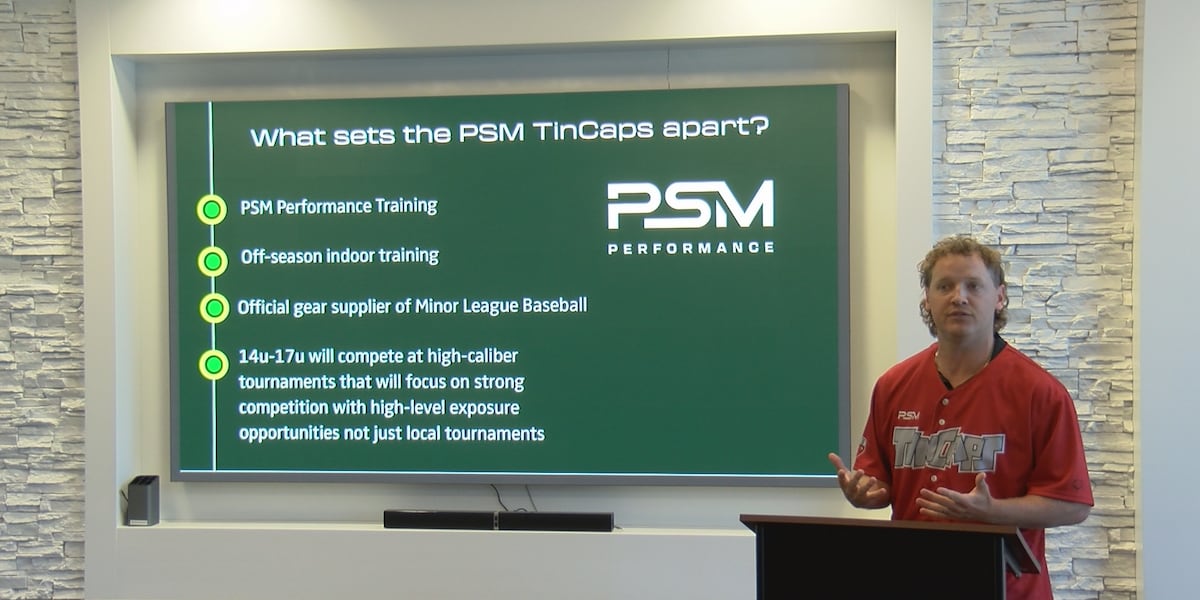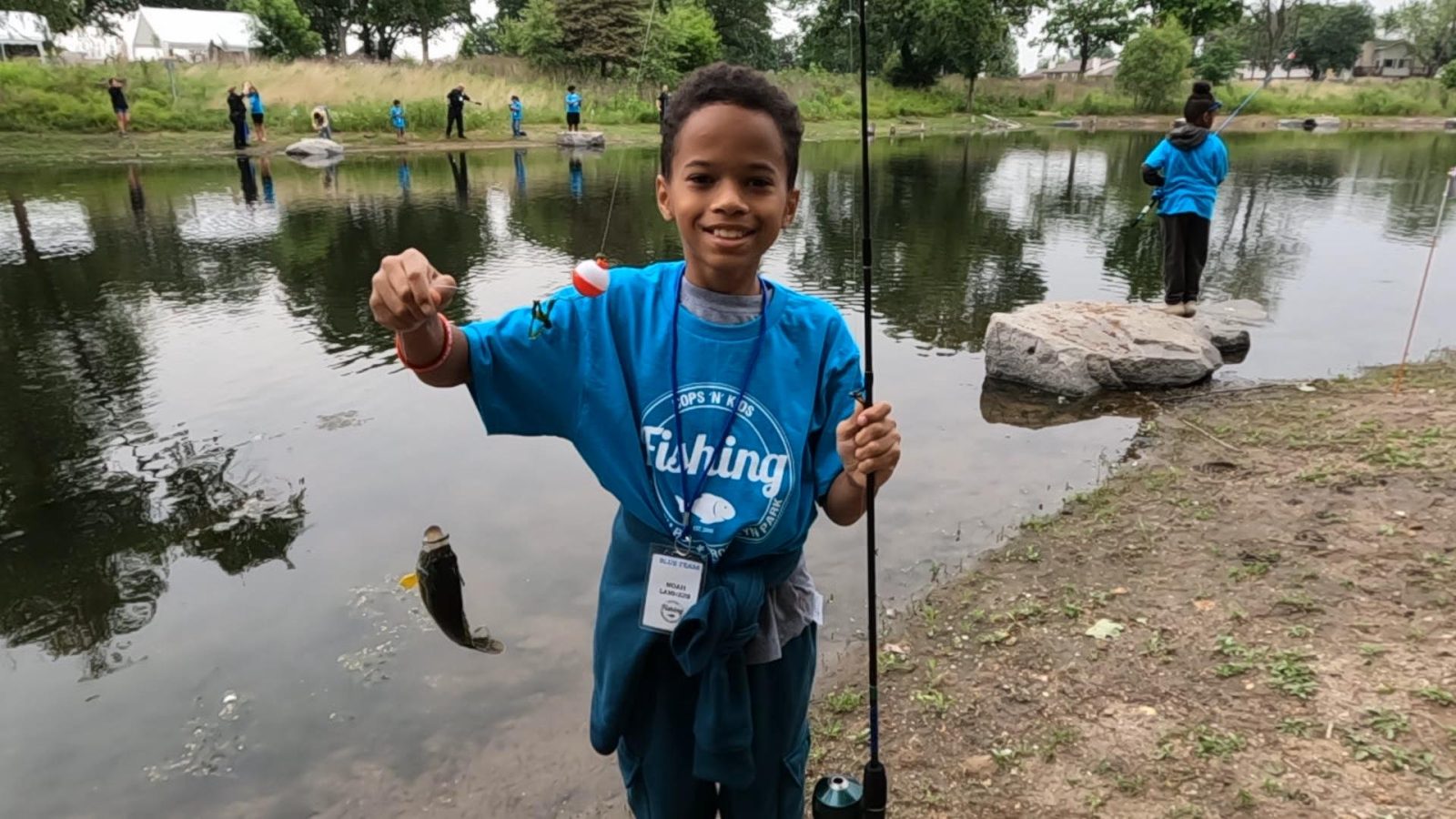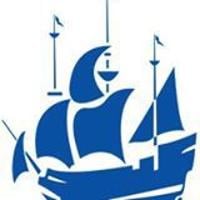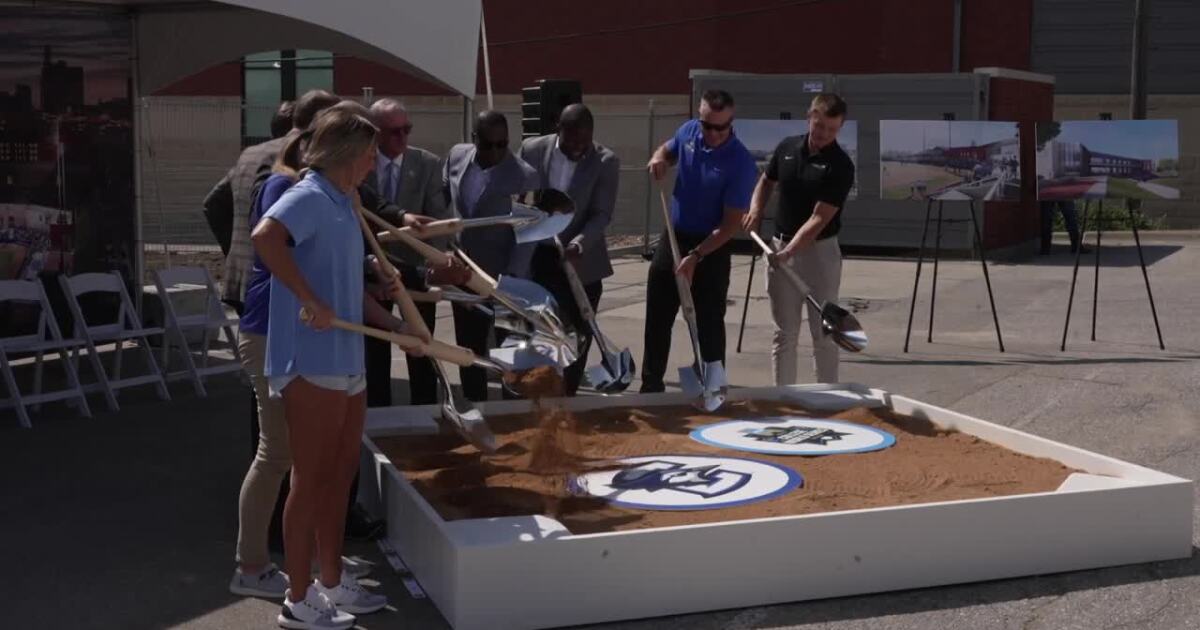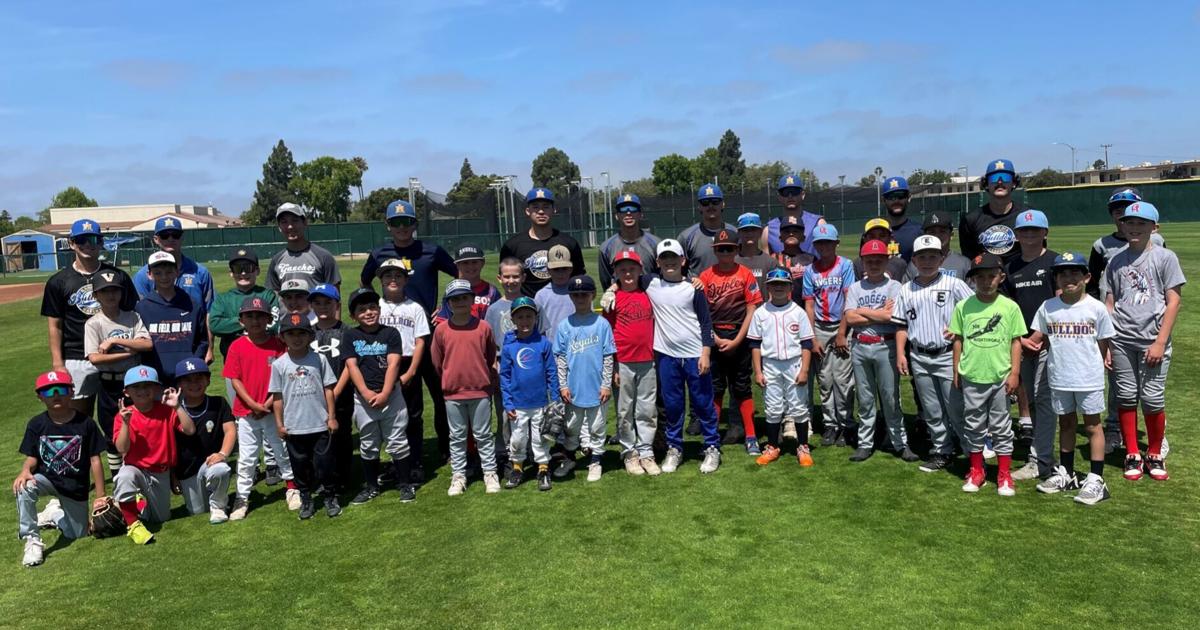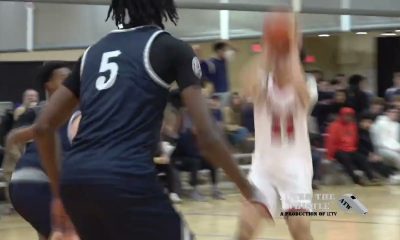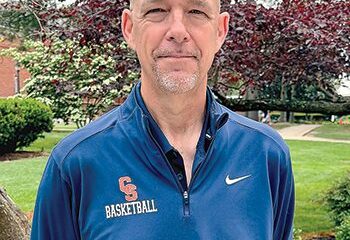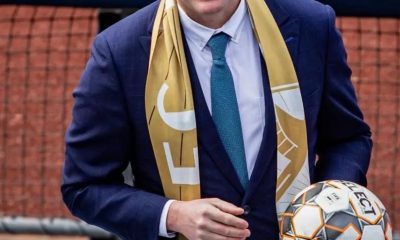May 10—FORT TOTTEN, N.D. — A young nonprofit organization focused on youth sports in a tribal community is doing more than just supporting athletics.
A consultant for the organization said it’s acting much like a parks and recreation department, which larger communities may take for granted.
Dean Duphinais Jr., who also is a founder of Spirit Lake Youth Sports, said the group is not a tribal entity, but is partnering with the tribe on a number of future projects.
“Typical municipalities and cities, you’ve got your parks and rec department, they do everything,” he said. “They do the baseball diamonds, they do whatever recreational facilities a community might have. We’re stepping in to act as that development arm of the tribe, developing the community with some of these amenities.”
Spirit Lake Youth Sports (SLYS) is seeing the fruition of a project that will create a base of operations. Work has broken ground on a fieldhouse at the Four Winds High School baseball fields in Fort Totten. The tribe has leased 7.1 acres of land for SLYS to use.
The fieldhouse’s first floor will have a concession stand, bathrooms and storage space, while the second floor is an open concept where the board will have meetings, conduct training and be a spot for staff and a full-time executive director to work. SLYS has also launched a “Build the Spirit” fundraising campaign to outfit the fieldhouse with needed materials, such as computers and furnishings. Duphinais said the goal is about $40,000 to $50,000.
The organization started when Duphinais returned to Fort Totten from California. He had two children around tee-ball age and asked a friend, Justin Yankton, if there was a youth baseball program. It was around the time COVID quarantine restrictions were being lifted, and Yankton said there wasn’t anything being prepared or planned for. The two teamed up to put on a summer baseball program, attracting more than 100 kids.
It was an eye opener, Duphinais said, and with his background in nonprofits, he thought it would be a good idea to create one, build a board of directors and make the group sustainable. Following SLYS filing as a nonprofit, it added the Sunka Wakan Program, which teaches kids how to approach, groom and be comfortable around horses before teaching them how to ride. Sunka Wakan means “Sacred Dog,” which is what the Dakota people called horses when the Spanish brought them over, Duphinais said. The Sunka Wakan Program is run by Duphinais’ father, who also is on the board of directors.
“We’re making some really great strides,” Duphinais said. “We have big plans for the future.”
SLYS has been working with the tribe on other ideas, such as an indoor pool, skate park, splash pad, indoor bubble-style facility, RV park for the tribe’s powwow facility and an indoor riding arena for the horse program. Getting the fieldhouse done on time and on target is the main goal at the moment, Duphinais said.
“The name of the game in the nonprofit world is make good on the things that on our plate. Then, you’re in the good graces and you’re eligible to apply for other things,” he said. “That’s what we’re looking to do.”
Duphinais said he hopes people see SLYS as a development arm of the tribe, more than a sports program. It can do construction and development and get land leases. It is in the process of getting another parcel of 27 acres adjacent to the current 7.1 acres, which is close to the powwow grounds. It could be a recreation corridor, he said, and the 27 acres are planned to be used for a park with walking trails and a possible amphitheater.
Duphinais expressed his thanks to the tribe, community and board members, the majority of the latter being veterans, for supporting SLYS.
“We’ve got solid people, and that’s how we’re able to make things like this happen — by having really good people that care about this community as much as each other does, and are willing to roll up their sleeves and make things happen for the community,” he said.



